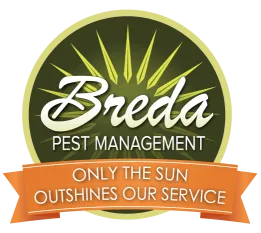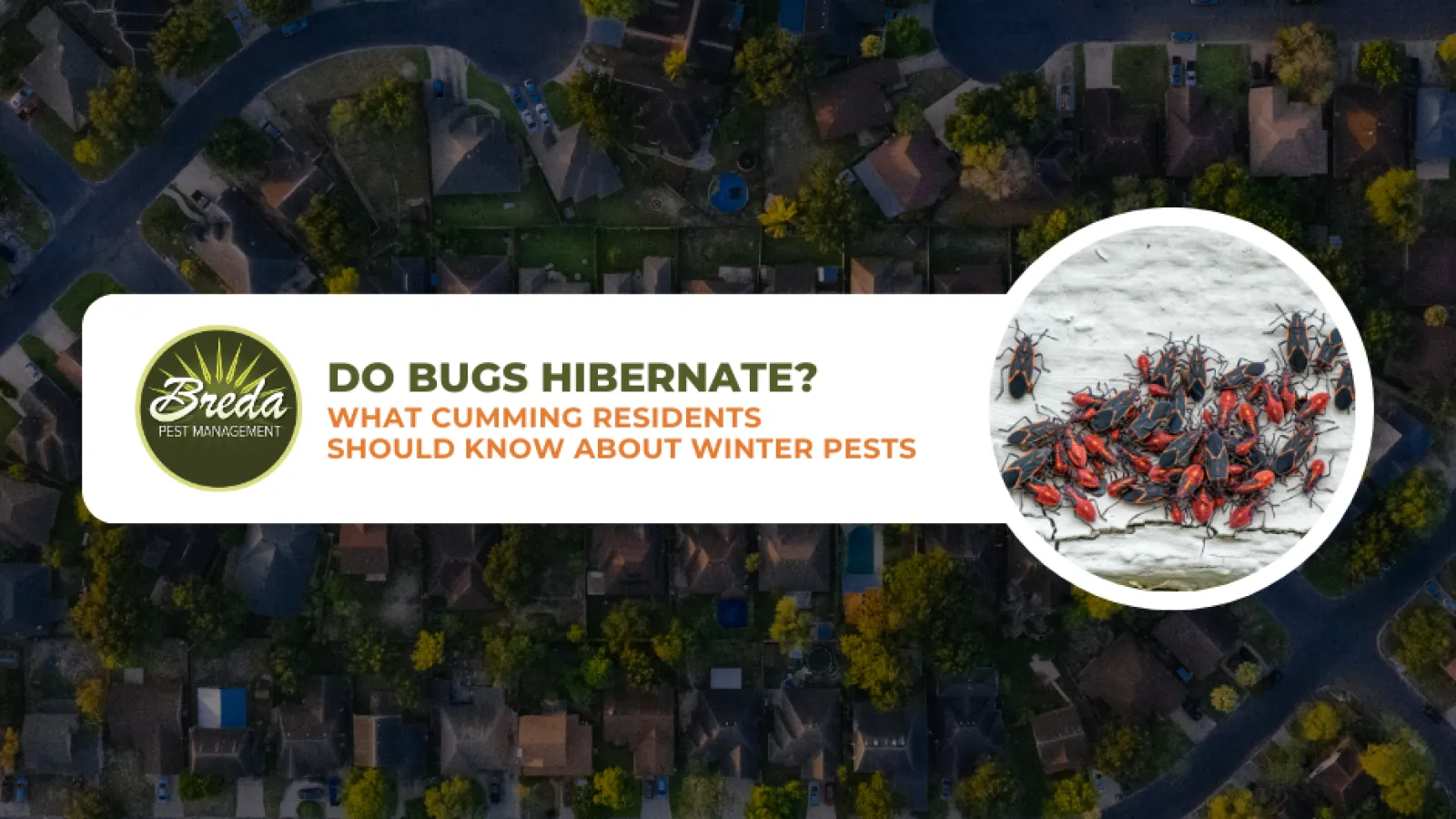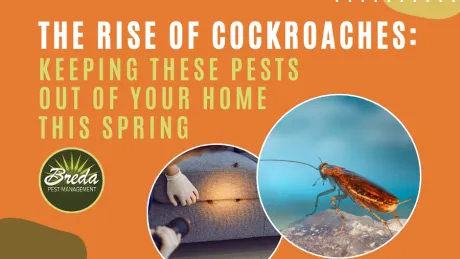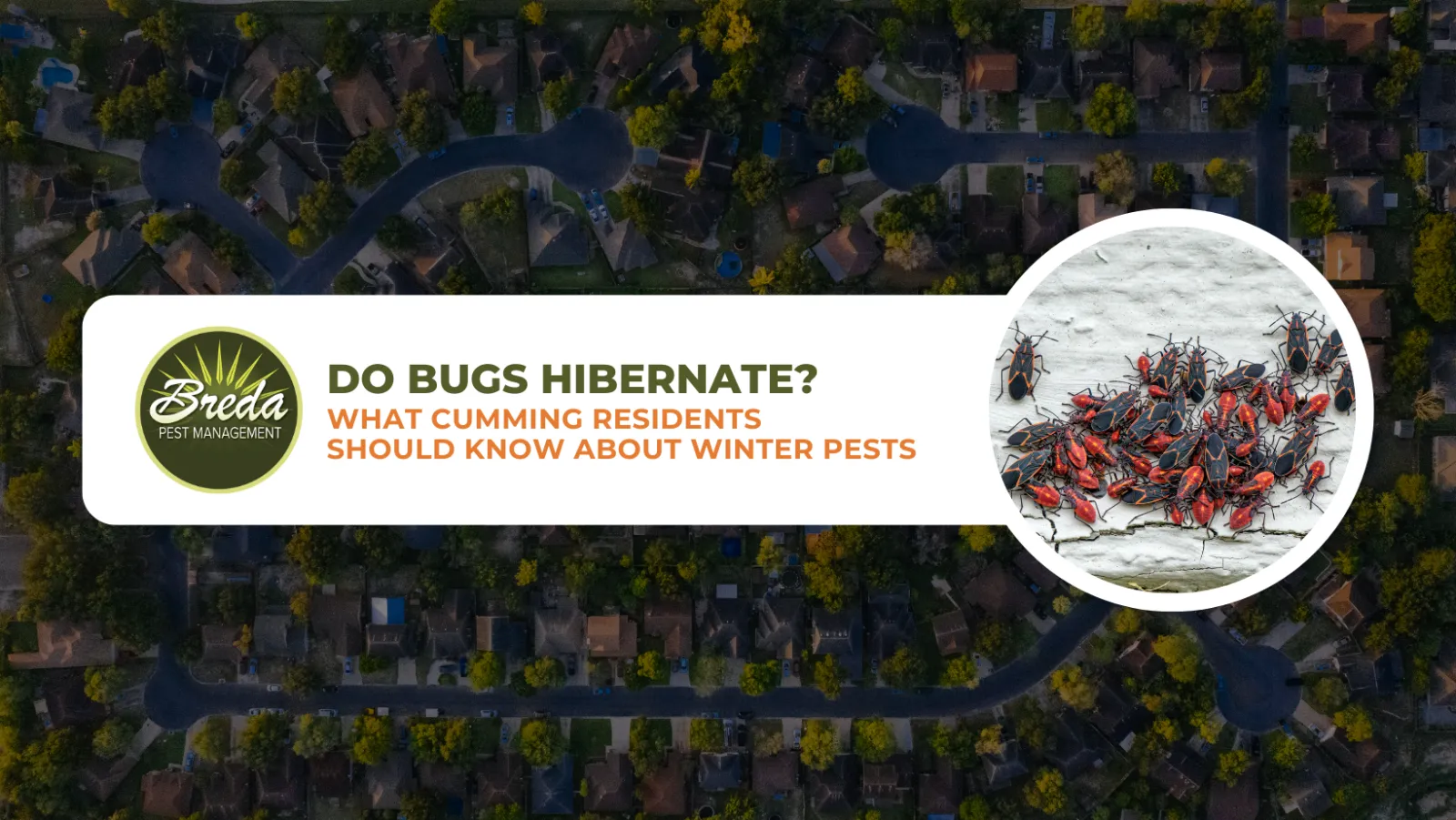
Read up on some winter pest control Cumming, Georgia, residents should know
As winter settles into Cumming, Georgia, wildlife in Cumming may begin to hibernate and hunker down. But what about the bugs? While the thought of pests sleeping through the colder months is appealing, the reality is a bit more complicated. Most bugs don't hibernate—they overwinter. This seasonal behavior can lead to some unexpected and unwelcome visitors inside your home.
Hibernate vs. Overwinter: What's the Difference?
Understanding the distinction between hibernation and overwintering is key to managing winter pests. Hibernation is an extreme dormancy state where metabolic activity slows dramatically, almost like shutting down completely for months. Overwintering, on the other hand, is like hitting pause on live TV. Bugs are not fully dormant; they conserve energy but can reactivate when conditions improve.
Overwintering pests such as stink bugs, lady beetles, wasps, and box elder bugs find hidden crevices—often inside homes—to wait out the cold months. Unlike hibernating animals that prepare extensively, overwintering insects are opportunistic, seeking shelter in wall voids, attics, or basements.
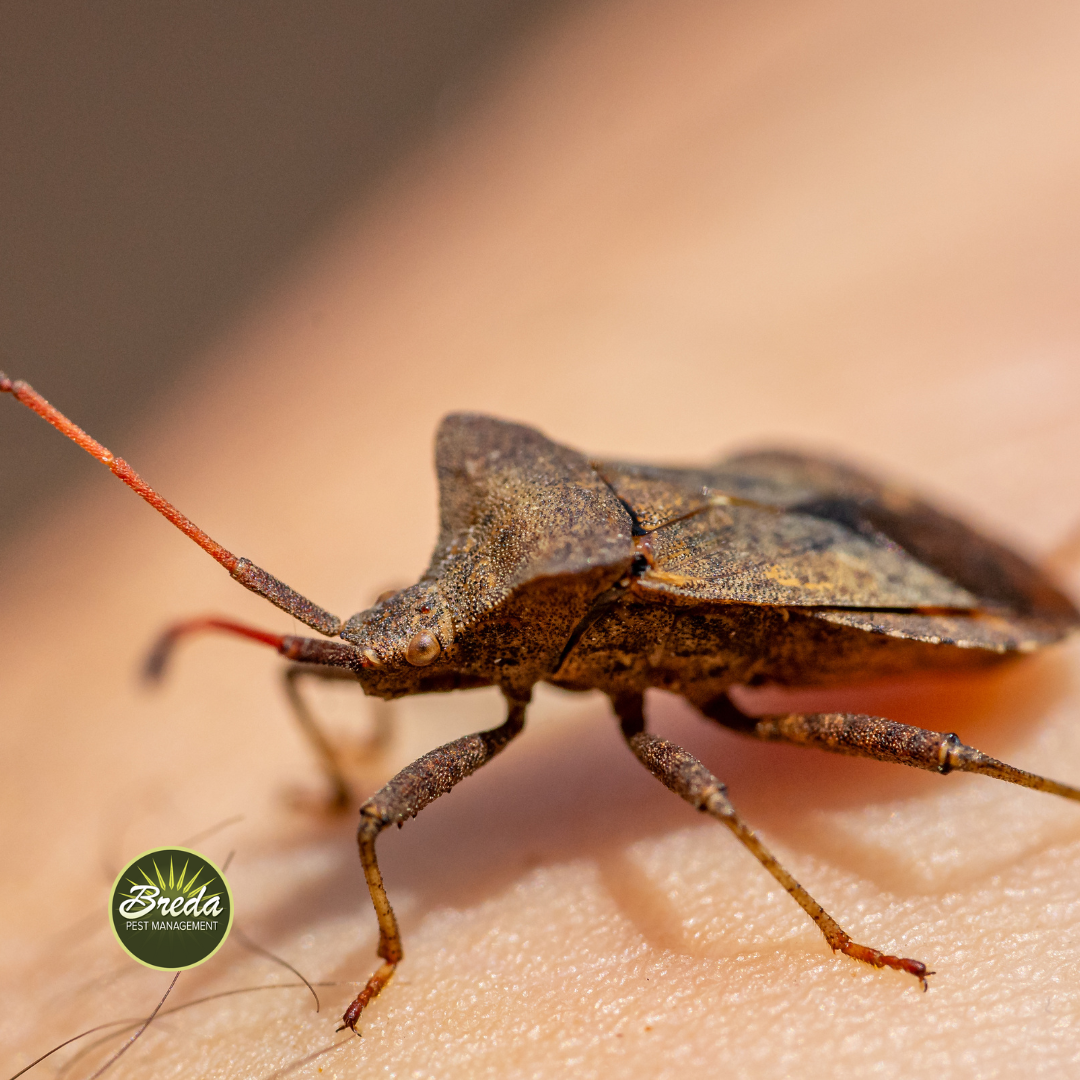
Common Overwintering Pests in Cumming
Residents of Cumming frequently encounter the following overwintering pests during Georgia's mild winters:
Stink Bugs: Known for their shield-like shape and foul odor when disturbed, stink bugs often congregate in large numbers. They enter homes through cracks in windows, doors, and foundations.
Lady Beetles: These seemingly harmless insects, often mistaken for ladybugs, are notorious for invading homes in large groups. Their tendency to cluster near windows and light fixtures can be overwhelming.
Box Elder Bugs: Attracted to the warmth of sunny walls, these black-and-red bugs slip through small openings and often end up indoors during winter.
Wasps: Unlike other pests, only female wasps survive winter, seeking shelter to start new colonies in spring. Wasps in winter are sluggish, conserving energy for their spring responsibilities.
How Overwintering Bugs End Up Inside
Overwintering pests enter homes in search of warmth and shelter, using tiny gaps around doors, windows, and utility lines. Once inside, they retreat to dark, undisturbed areas such as wall voids, attics, and crawl spaces. However, their behavior can lead to unplanned indoor appearances.
Many overwintering bugs are drawn to light, often finding their way to recessed lighting fixtures or sunny windows. Unable to remember how they entered, these insects end up becoming visible nuisances within your home.
Winter Pest Behavior: What to Expect
During Georgia's cooler months, pest activity decreases, but it doesn't stop. Overwintering pests, while conserving energy, can remain somewhat active, especially during warmer winter days. Here's what you should know:
Temperature Fluctuations Trigger Activity: In Georgia, warm spells can awaken overwintering pests, causing them to emerge unexpectedly.
Lethargic Wasps: Female wasps are particularly slow in early spring as they prepare to establish new colonies.
Seasonal Migrations: Stink bugs and box elder bugs often move from their outdoor hiding spots to indoor spaces as temperatures drop further.
DIY Tips to Prevent Winter Pests
The best way to combat overwintering pests is to keep them from entering your home in the first place. Here are some preventative measures for homeowners in Cumming:
Seal Entry Points
Use caulk to seal cracks around windows, doors, and siding.
Install weather stripping to close gaps around doors and windows.
Check for openings around utility lines and pipes, sealing them with foam or silicone.
Reduce Attractants
Keep your yard clear of debris, such as wood piles and leaf litter, which can harbor pests.
Trim back vegetation touching your home to eliminate potential pathways.
Maintain Your Home's Exterior
Repair damaged screens on windows and vents.
Inspect and fix any gaps in rooflines or soffits.
Inspect and Vacuum Regularly
Check areas where pests might hide, such as behind curtains or inside light fixtures.
Use a vacuum to remove bugs you find indoors and dispose of the vacuum bag outside.
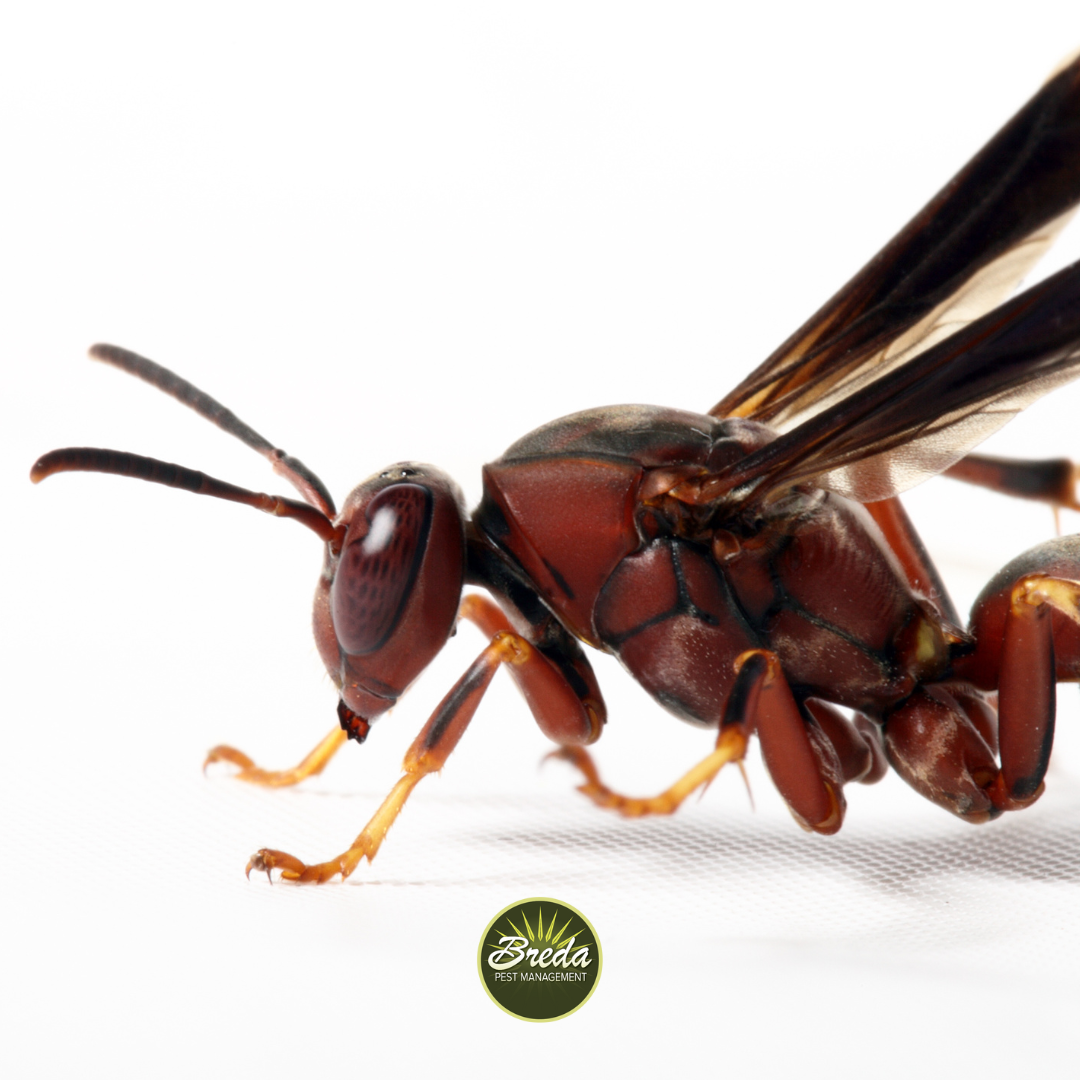
Professional Pest Control: A Year-Round Solution
While DIY methods can help reduce pest activity, professional pest control is the most reliable way to manage overwintering pests effectively. Experts can:
Identify Problem Areas: A thorough inspection reveals hidden entry points and potential infestations.
Apply Preventative Treatments: Targeted treatments around your home's exterior can stop pests before they come inside.
Customize Solutions: Based on the pests in your area, professionals develop a plan tailored to your home's needs.
Companies like BREDA Pest Management in Cumming, Georgia, offer comprehensive pest control services that address overwintering bugs while providing long-term protection.
Why Acting Early Matters
Delaying pest control until spring can lead to larger infestations. Overwintering bugs that survive the winter will become active as temperatures rise, potentially multiplying quickly. Taking preventative action during winter ensures a pest-free home come spring.
Overwintering pests like stink bugs, lady beetles, wasps, and box elder bugs may not hibernate, but they are far from dormant during winter in Cumming, Georgia. By understanding their behavior and taking proactive measures, you can protect your home from these unwelcome visitors.
Whether sealing entry points, maintaining your yard, or enlisting the help of the pest control professionals at BREDA Pest Management, a little effort now can save you from significant headaches in the warmer months ahead.
If you find yourself needing pest control and want it handled thoroughly, don't hesitate to give us a call. The BREDA Guarantee promises to fix your pest problem and keep it fixed—no matter the circumstances. Schedule a consultation online or give us a call at 770-466-6700.
